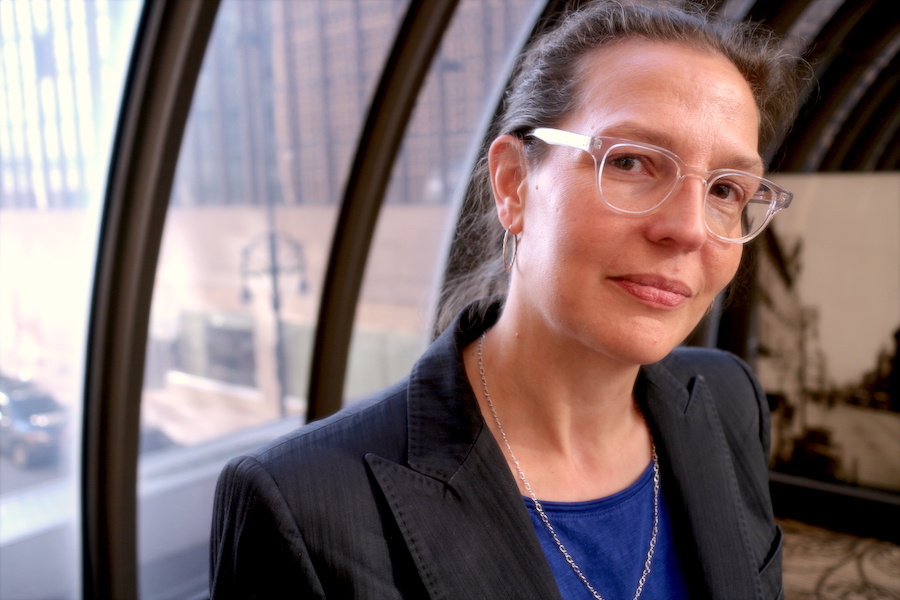
“I entered into the data profession about three and a half years ago. I found the community to be very welcoming. The ideas of ethics and sustainability are starting to be brought forward more strongly now. Data aren’t just digits in the memory. They have real world effects in real world situations.
One of the things that drew me particularly to the idea of preserving data, is to build on the research investments that people have made. People spend their lives exploring questions. If the information and data those answers are based on, aren’t kept useable in an understandable way, then the answers themselves are also lost. The end result is so many wasted lives when you add it up. It’s the time invested in the exploring these questions, but even more in a broadly humanitarian way, these answers are pursued to improve the lot of humanity. If the data collected through research are lost, the answers themselves are lost, and so the people, the environmental effects are also lost. So I think that’s my most important concern.
Look, I like efficiency. I like effectiveness. Not taking care of things you’ve spent time making, not making sure they can be used effectively – that’s a waste of everyone’s time and effort. It just bugs me. Data is the starting point for any answers we achieve through research. Let’s not waste that effort. If there’s anything this community could respond more in, it’s the human-related areas – the marketing and advertising of the importance of data and the importance of making sure the data is there to go back to. There’s no reason to reinvent wheels, but improving them is vital.”
